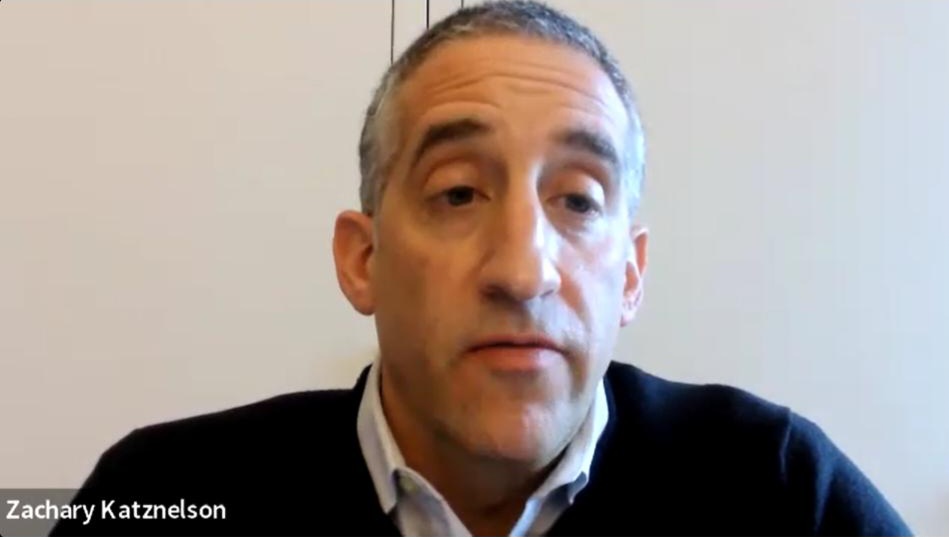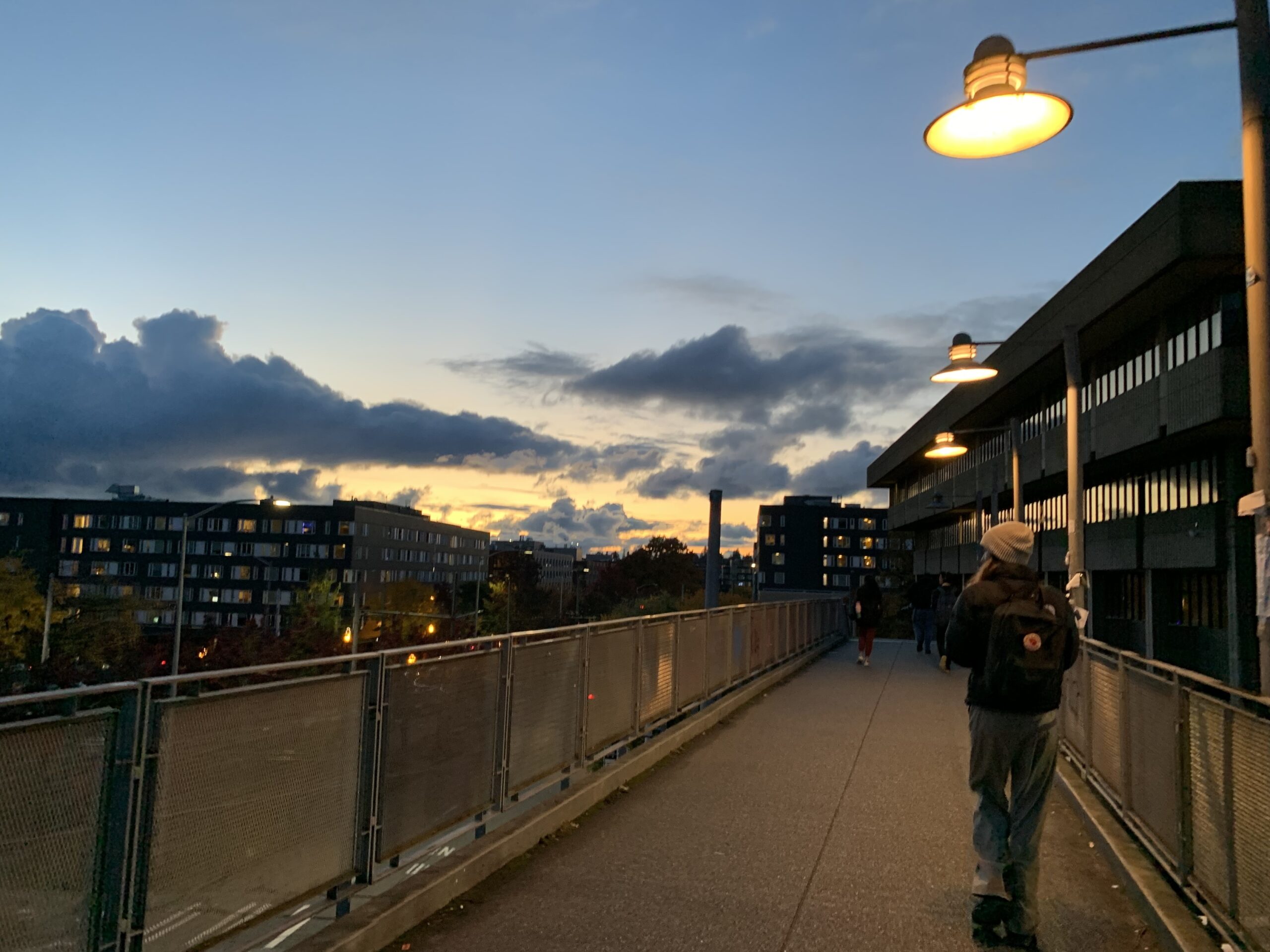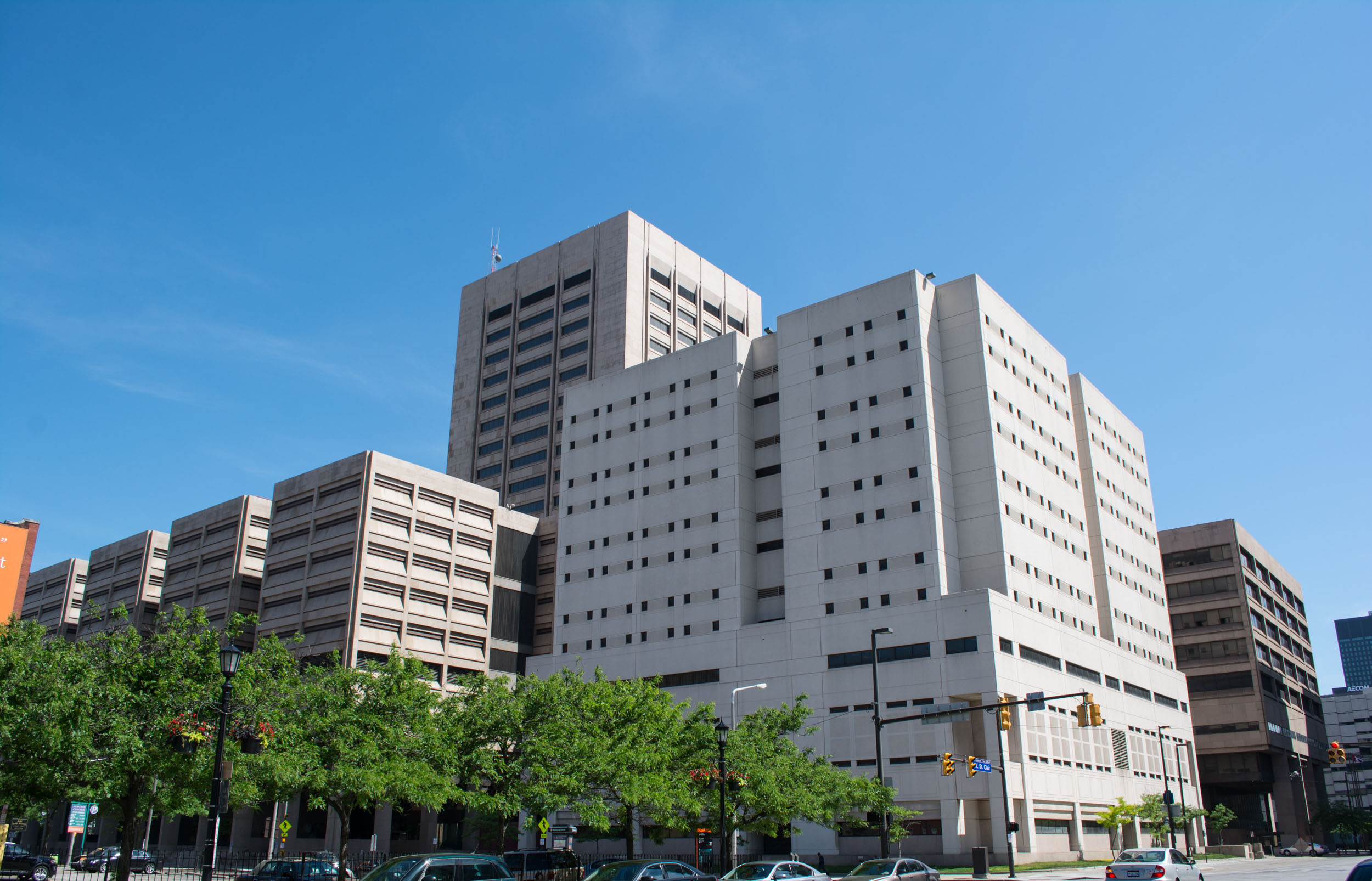(BE’ER SHEVA, Israel) — In 2019, New York passed a law eliminating cash bail for most nonviolent offenses. Just three years later, the law is under attack from those who say it has led to an increase in crime and they have pressured New York Governor Kathy Hochul to toughen the reform law.
Gov. Hochul has included modifications, such as expanding the list of crimes eligible for bail, to the 2019 reform as part of the new budget, which failed to pass on time due to disputes over the proposed changes. However, on April 7, lawmakers agreed to a budget that included measures to roll back aspects of the reform law.
Champions of the law say it brought balance to a system in which the rich and powerful could buy their way out of pretrial detention while those without resources languished in jail often for lesser crimes.
Zachary Katznelson, policy director of the Independent Commission on New York City Criminal Justice and Incarceration Reform, drew the comparison between two very different defendants at a March 31 Zoom event, “What’s at stake for bail and other CJR reforms in the Governor’s budget?” sponsored by the New York Jewish Coalition for Criminal Justice Reform.
Kalief Browder, a Black man, was accused of stealing a backpack when he was 16. Unable to afford the $3,000 bail set by the judge, Browder spent three years at Rikers Island awaiting his trial. At this dangerous facility, he was repeatedly beaten by both inmates and guards, and spent much of his time in solitary confinement until he was released without a trial after the prosecution determined it was “unable to meet [its] burden of proof at trial.”
Two years after his release, Browder hung himself from an air conditioner. Many people blame the trauma he endured during his time unjustly incarcerated for this tragic event.
The other man was Harvey Weinstein, a white man who was accused of multiple counts of rape but didn’t spend a single night incarcerated until after his conviction because he could pay his $1 million dollar bail.
Weinstein was eventually convicted on charges of sexual assault and rape. He was sentenced to 23 years in prison in New York and faces additional charges in Los Angeles.
“That juxtaposition of those folks really laid out starkly that this was an issue of race, it was an issue of poverty and it didn’t matter so much the gravity of the crime of which someone was charged what mattered was what was in their wallet,” Katznelson said.
Inequalities like this were the reason for the 2019 New York bail reform, he said, explaining that the law caused fewer people to languish in jail while awaiting trial by decreasing the number of crimes eligible for bail.
The 2019 bail reform “took off the table many lower-level crimes,” he explained. Defendants “couldn’t be locked up in jail pended their trial, and for most violent offenses those remain exactly the same…someone charged with murder, they are not going anywhere, they are going to be at Rikers until their day at court in trial.”
Critics of the bail reform claim that it is responsible for the recent spike in violent crime. According to a recent poll by the Siena Research Institute, 64% of New York voters polled hold this opinion.
Katznelson took exception with this view during the event. “The real question is, ‘Are the people who otherwise would have been in Rikers before bail reform…are those people the ones out in the street who are committing these crimes?’”
Katznelson says the best data comes from New York City where, “Month-to-month before bail reform and after bail reform, about 1% of people who are out pending their trials are rearrested for a violent crime, so that has not changed before bail reform or after bail reform.” Indeed, according to an analysis of New York City bail trends by City Comptroller Brad Lander in the months studied before and after the bail reform “99% of people, regardless of bail or other pretrial conditions, were not rearrested on a violent felony charge.”
Despite the alterations that Gov. Hochul pushed through she appears to agree, at least in part, with Katznelson. In a recent op-ed co-written with Lt. Gov. Brian Benjamin regarding the 2019 bail reform she wrote, “since the law was passed, we have seen a distressing increase in shootings and homicides. The data does not, however, suggest that bail reform is the main cause.”
During Q&A at the end of the session, the conversation turned to the state of Rikers, where many people charged with a crime and unable to afford bail are detained while awaiting trial. Describing the conditions Katznelson said, “(They) are incredibly decrepit, the number one source of weapons in the jails right now is actually the buildings themselves because they are falling apart to such a degree that pieces are just so easily broken off.”


